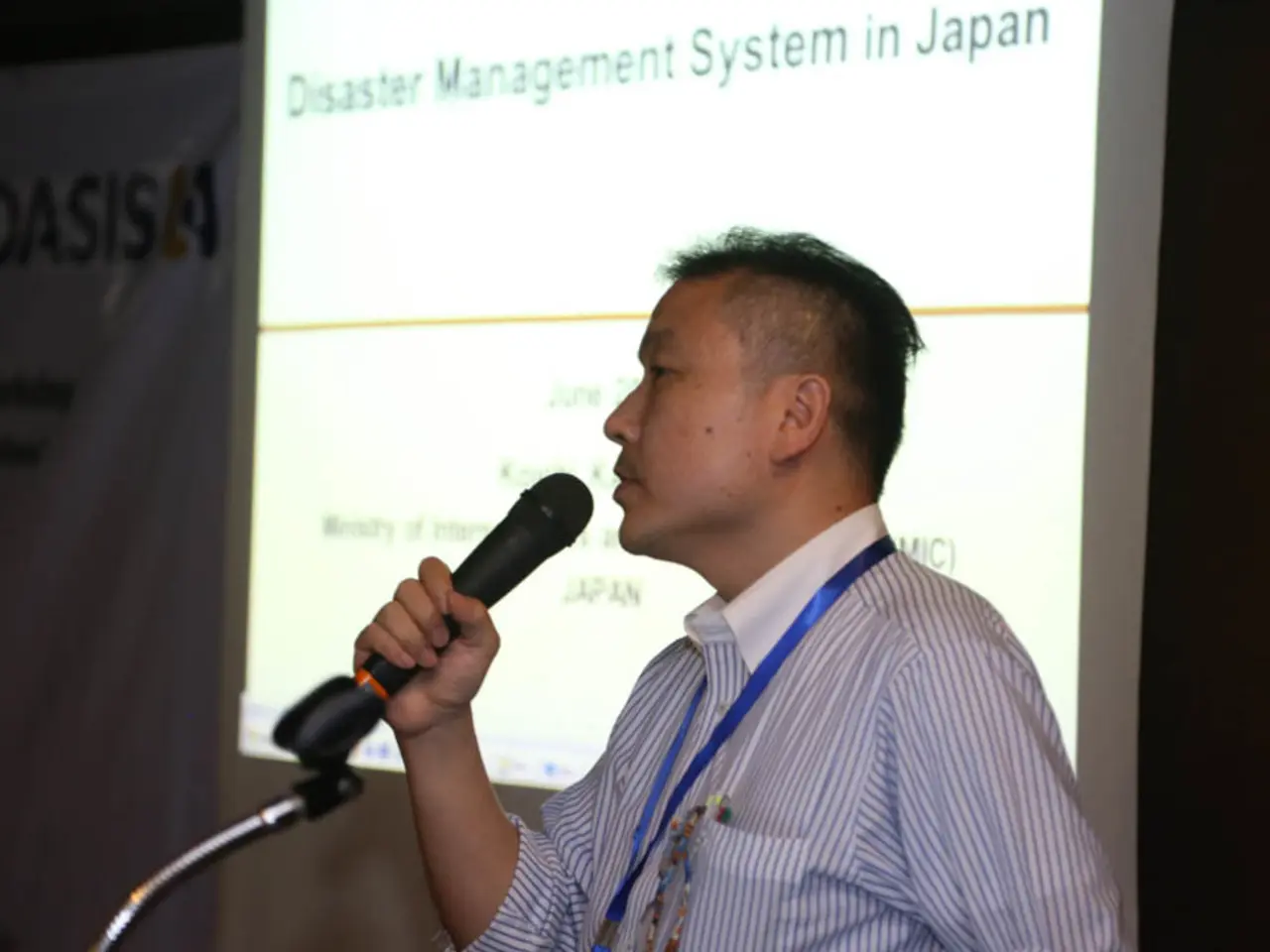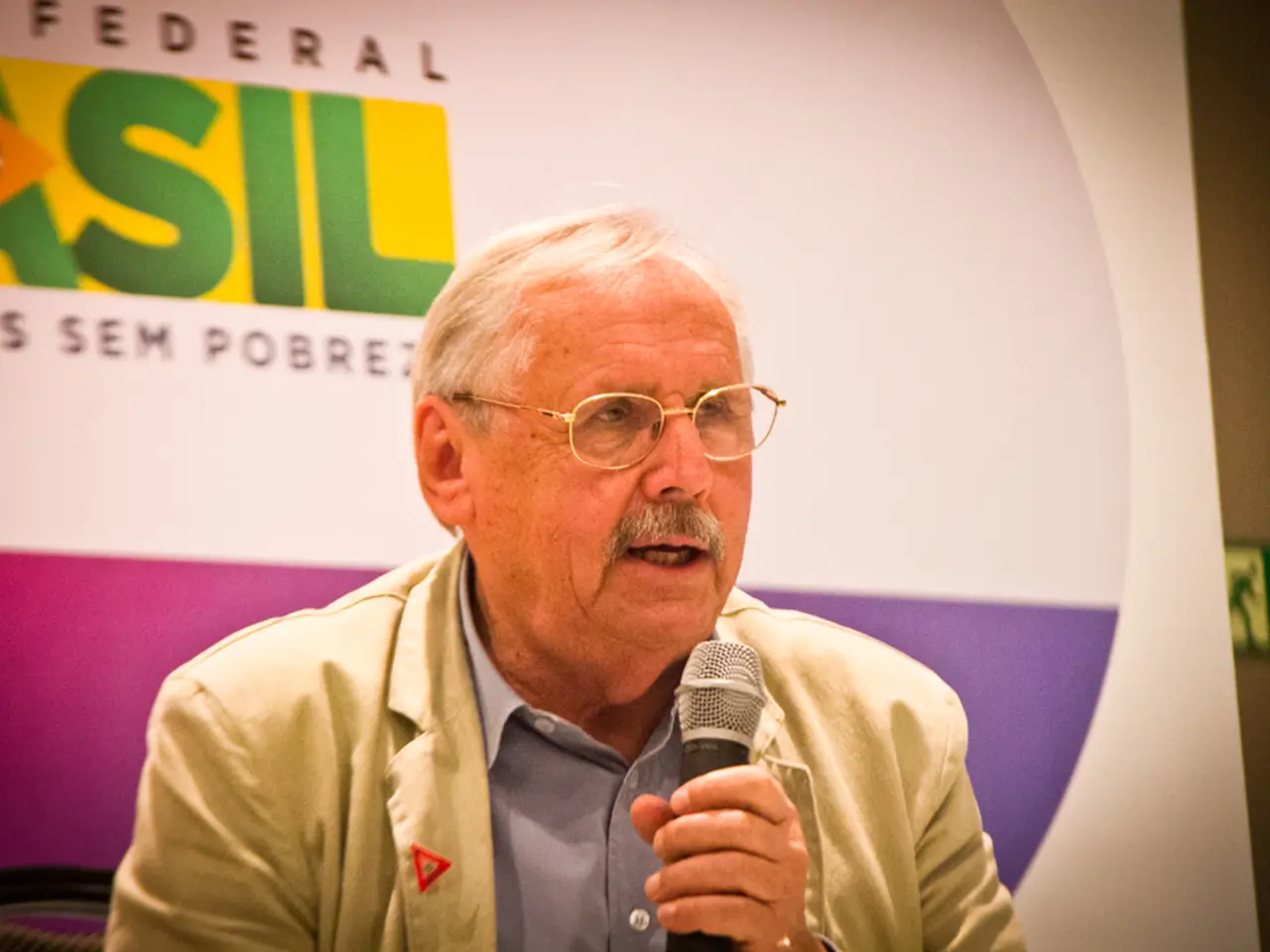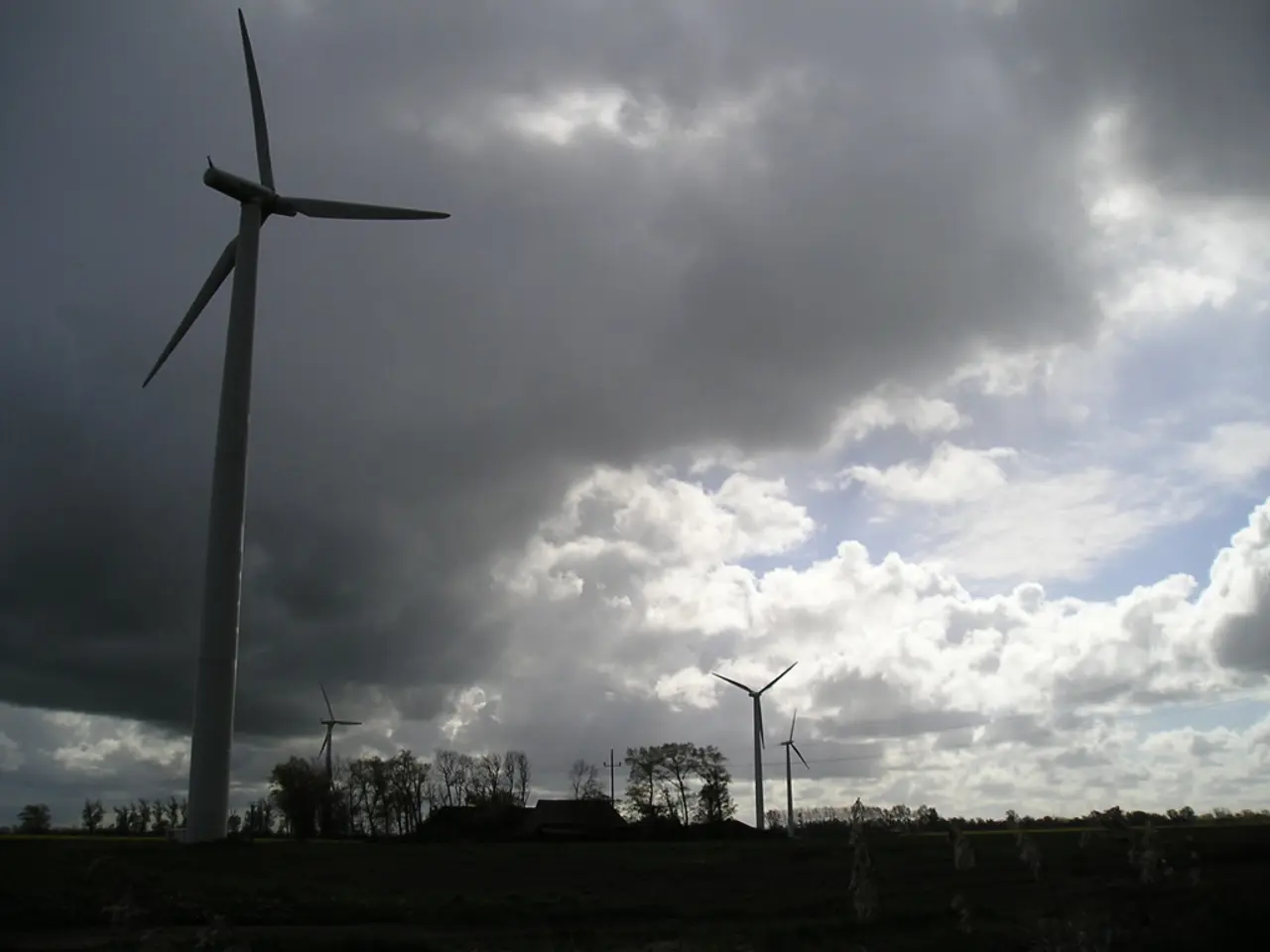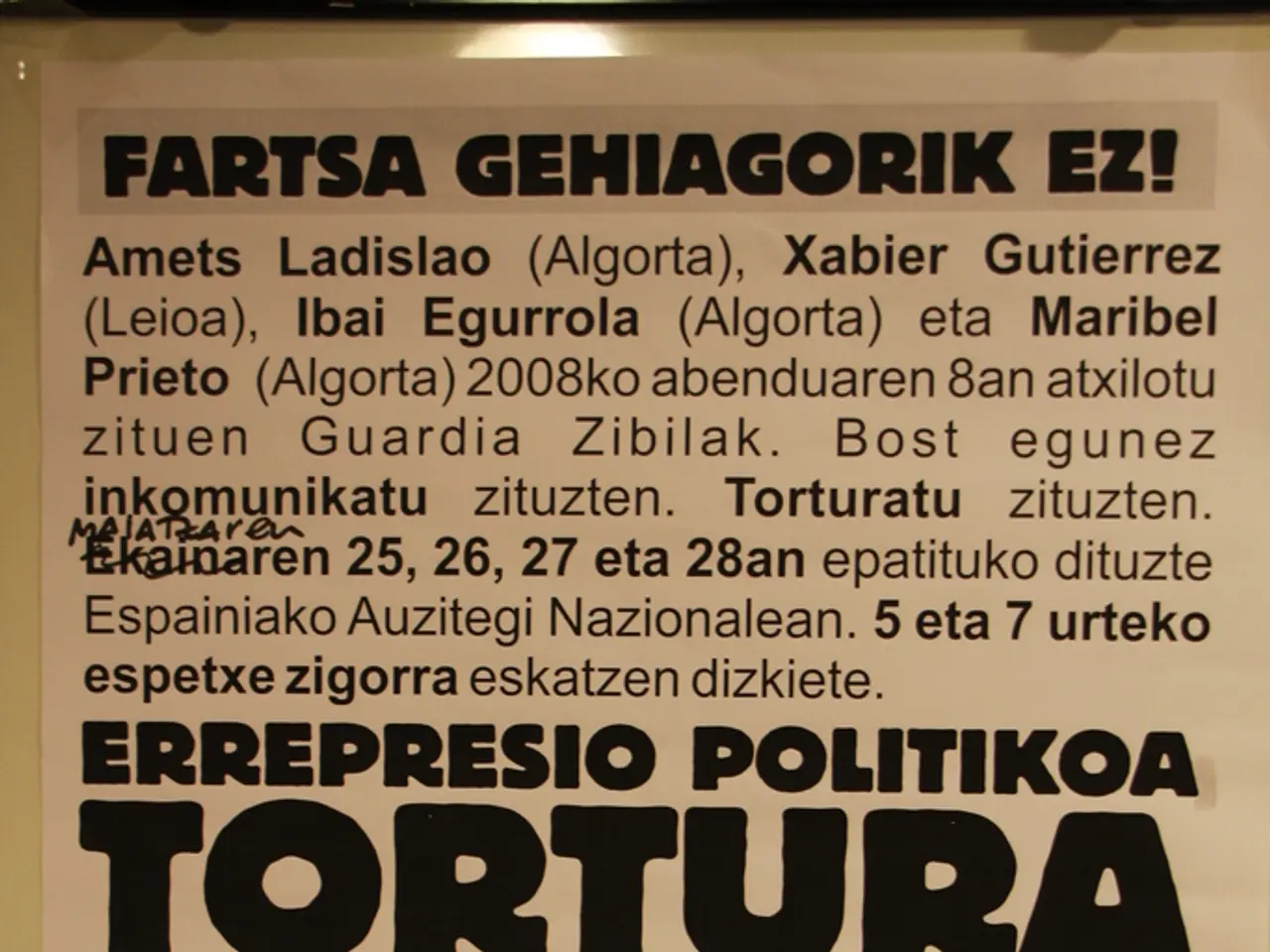Moldovan authorities imprison a pro-Russian regional leader for election manipulation, mere weeks before a vital election
The upcoming parliamentary election in Moldova, scheduled for September 28, is shaping up to be a significant event in the country's political landscape. This election comes amidst heightened tensions due to concerns over Russian interference and the sentencing of pro-Russian politician, Evghenia Guțul, who led the autonomous Gagauzia region.
Guțul was sentenced to seven years in prison for funneling Russian funds to the banned, pro-Russian Shor party and coordinating destabilizing activities between 2019 and 2022. This sentence is part of Moldova's crackdown on pro-Russian actors accused of destabilizing the country with Russian funding.
The political situation in Moldova is complex, with the country positioned between a pro-European future under President Maia Sandu and a pro-Russian opposition. Sandu’s party pursues EU accession while pointing to Russian-backed efforts to destabilize the country, including through the Transnistria region, where Russian troops remain stationed. Moldovan officials have warned about Russia’s intent to influence voters and potentially escalate unrest by supporting separatists and opposition parties aligned with Moscow.
The pro-Russian opposition is consolidating efforts ahead of the elections, led by a bloc comprised of left-wing and center-left parties such as the Socialist Party, the Communist Party, and others, led by former president Igor Dodon. This bloc seeks to counterbalance Sandu’s pro-EU agenda.
The stakes of the 2023 election are high, including Moldova’s reform trajectory, energy security, and resilience to foreign interference amid the ongoing war in Ukraine and regional geopolitical pressures. The election symbolizes a critical choice for Moldova’s geopolitical orientation between European integration and closer ties to Russia.
Before the European Union referendum last year, some 130,000 citizens in Moldova received a total of $15 million from Ilan Shor, who has spent much of his time in Russia since he was convicted for his role in the 2014 theft of $1 billion from Moldovan banks. The European Union referendum was marred by a massive vote-buying scheme orchestrated by Shor.
Responding to her sentencing, Guțul claimed it was an attempt to intimidate Gagauzians who dare to vote for a party other than Sandu's Party of Action and Solidarity (PAS). The Kremlin, through its spokesperson Dmitry Peskov, stated that what is happening in Moldova is a clear violation of democratic rules and norms.
Maia Sandu, the pro-Western president of Moldova, is hoping to retain her governing majority in the upcoming election. Guțul's conviction and the ongoing concerns over Russian interference and vote-buying schemes underscore the challenges Moldova faces as it navigates its political future. The outcome of the 2023 parliamentary election will be a crucial indicator of Moldova’s democratic resilience and foreign policy direction.
- The upcoming parliamentary election in Moldova, scheduled for September 28, is not only a significant political event in the country's landscape, but it also represents a critical choice for Moldova’s geopolitical orientation, between European integration and closer ties to Russia.
- The political tension in Moldova is heightened due to concerns over Russian interference and the sentencing of pro-Russian politicians, such as Evghenia Guțul, who was accused of funneling Russian funds to destabilize the country.
- Amidst the ongoing war in Ukraine and regional geopolitical pressures, the stakes of the 2023 election are high, including Moldova’s reform trajectory, energy security, and its resilience to foreign interference, particularly from Russia.







